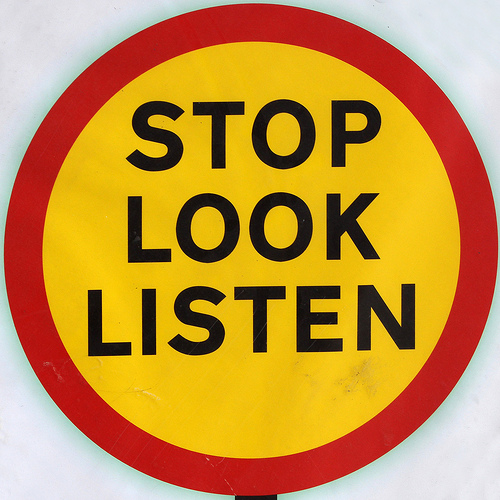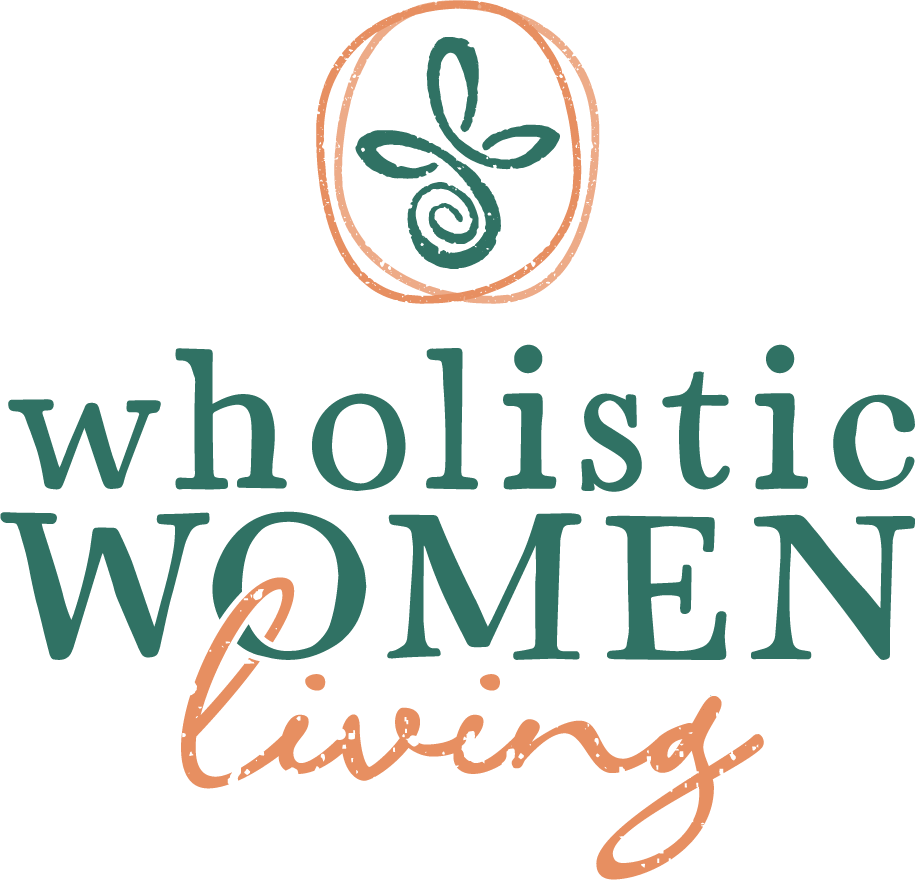
by Carol deLaski | Jun 11, 2014 | Business, Carol deLaski, Change, Professional Development
Do you ever struggle with balance…at work or at home? What would a healthy, interdependent, relationship with your co-workers or your life partner look like?
Interdependent may not be a word that we use very often, but I believe it holds the key to successful work and personal relationships. To me, it’s that sweet spot where we can rely on others and on ourselves in a healthy balanced way. It’s when we know what we need and can take care of ourselves…. but we also know when we need help, and who or what we need to complement or support us…. and we aren’t afraid to ask for that assistance. Interdependence may mean something different to you. Perhaps it is best understood by first looking at what it is not. We can learn about the delicate balance of interdependence by recognizing what it means to be overly dependent or overly independent.
Unhealthy dependency is recognizable when these three limiting beliefs appear in emotionally charged interactions.*
- When we believe that others have the power to make us feel good or bad;
- When we focus on another person’s needs as a substitute for our own needs;
- When we become preoccupied with getting another person to change in some way so that we can feel happy, loved, whole, comfortable, wanted, content, etc.
These limiting beliefs are red flags that we may be losing ourselves and relying too much on other people; giving our personal power away.
On the other end of the spectrum, there are different challenges that arise from being too independent; such as isolation, loneliness, fear, emotional distance and difficulty asking for help, to name a few.
I am familiar with both ends of this spectrum, and perhaps you are as well. There are often very good reasons why we go to these extremes, but we won’t get into that here. Instead, I want to ask: What have you found that brings you back to center when you get off balance? What course corrections do you make when you find that you’ve wandered into being overly independent or overly dependent?
For me, I’ve learned to restore balance with three practical steps: Stop, Look, and Listen. When you feel off balance in a professional or personal relationship, I suggest that you try these three steps.
Stop your habitual reactions: stop or slow down whatever reaction you normally do.
- If you typically withdraw, stay present.
- If you typically close your heart, try to say open.
- If you habitually withhold, disclose.
- If you tend to attack, take a deep breath and be still.
Look at yourself…not at the other person, and ask:
- What part of my reaction or perspective is keeping me defensive?
- What part of me is threatened in this situation?
- Am I feeling shame, humiliation, or embarrassment?
- What support do I need to tolerate this experience?
Listen deeply. Dive below the surface disturbance to connect with your core energy. Listen to the part of you that is unaffected and larger than your reaction. Return to the conversation more open and less attached to protecting yourself.
These three simple, yet powerful, steps help me pause and regroup when highly charged interactions occur. They interrupt my habitual reactions and allow me to engage with others in ways that can lead to healthy interdependence.
Give them a try the next time you find yourself off balance and out-of-sorts at work or at home. I suggest that you share your observations with someone else to give voice to your impressions and to cement your understanding.
Feel free to write to me or post a comment here. Look for more strategies on healthy interdependence in my next blog.
Good luck and I look forward to hearing from you!
Today’s author: Carol deLaski, PCC is a speaker, author, and coach specializing in strengths-based leadership coaching. Write to her at Carol@CaroldeLaski.com or visit her website: www.caroldelaski.com for more information about her speaking and coaching services. You can learn more about interdependence in her book, Lost and Found: Discovering Strength in Love and Faith.
*Some of the material from this blog has been summarized from an excellent book on relationships, Undefended Love by Psaris and Lyons, which I highly recommend.
Save
by Carol deLaski | Dec 4, 2013 | Carol deLaski, Change, Family, Holidays, Personal Development
What do you anticipate at this time of year? Amid the hustle and bustle of preparing for the holidays, what are the experiences that will make you pause and savor the moments? It’s easy to become so preoccupied with our to-do lists that we overlook or brush past those precious times of connection, laughter, and joy. Don’t miss it!
Perhaps you are like me and find yourself anticipating the look on someone’s face when you give them a gift that you’ve thoughtfully selected for them. For me, it will be giving the ‘Elf on the Shelf’ to my six-year-old granddaughter.
Shopping isn’t one of my favorite things to do, but when it comes to shopping for the children in my life, I must admit that I have trouble restraining myself. It happened recently when I was in a store and saw this whimsical elf on display. It caught my eye and brought a smile to my face, and I knew in an instant that it would have the same effect on my granddaughter. As I write this, I can picture her eager face as she enjoys the challenge of this game, which is to find the hidden elf in her home each day leading up to Christmas.
Looking forward to spending time together fills my heart with anticipation even more than gift giving does. This year, in addition to the Elf on the Shelf, I plan to make a gingerbread house with my granddaughter. I can picture her enthusiastic bright eyes as we put the puzzle pieces of the house together, sticky fingers being licked, gumdrops being carefully placed, and the feeling of her slender arms wrapped around my neck in a hug hold, as we survey the masterpiece we have created together. It doesn’t really matter how the gingerbread house looks. The joy is in those moments of fun, creativity, and connection as a new memory is being made. Who knows…perhaps it will even become a tradition.
The way in which holiday traditions form is an interesting phenomenon. There is comfort found in the routines which link one holiday to another; year in and year out. As a child, I remember wanting to hang a certain mistletoe ornament in the same place every year when we decorated our home. There was something very satisfying about recreating the atmosphere in which our family celebrated together.
As an adult, however, I was caught off guard when my children declared traditions had been started simply because we did something two years in a row. I realized that I needed to be mindful of what activities I repeated, since I never knew which ones they would take to heart and want to repeat annually! My sons had a strong desire to create our family’s unique traditions, many of which continue now that they are young adults. They can easily tell you the kind of tree we get, the cookies we bake, the way we open gifts, and what we eat on Christmas morning. It’s not so much what we do but that we do it together that matters. Our hearts are warmed when we both anticipate and perform our family’s rituals.
There is a flip side, however, to the happiness that traditions can invoke. During difficult years of upheaval and change, traditions may need to be altered. In my lifetime, separation and divorce dictated that we couldn’t continue certain ways of doing things. This occurred when my sons were young teenagers, and I remember how important it was to ask them what traditions they wanted to keep as our family went through this change. It was interesting to learn which ones no longer mattered to them. Having a say in the changes helped my children tremendously in adapting to new situations. My older son, Patrick, could care less about outdoor decorations, but my younger son, Ben, really enjoyed them. So a new tradition was formed that Ben and I became the two family members that decorated the outside of our home each year. Patrick loved a freshly cut tree, but instead of going to the farm and cutting it down ourselves, we adjusted to buying one from the Boy Scouts. Adaptations to our traditions were made, and we even formed new ones as our family evolved as a trio.
Knowing how and when to change traditions is as important as being aware of how and when they form. A dear friend of mine lost her mother to cancer this year. This will be her first Christmas without her mom, who was also her best friend. I admire how she has thoughtfully decided where she wants to be on this holiday, and with whom she wants to spend it. She knows that she will miss her mom no matter where she is, but she feels that being somewhere that her mom loved, and with the people her mom loved, will help her to connect with the spirit of the woman she longs for. Adapting her family traditions this year is what she needs to do to manage her sense of loss and grief.
Changing traditions can cause distress within families, particularly when everyone may not agree about those changes. Ultimately, we must each decide for ourselves what we need to create the comfort and connection that our hearts desire. No one knows better than you what will satisfy you to your core. Even if others don’t agree with your choices, I encourage you to persevere and choose the experiences and moments that will fill and overflow your heart with love.
Because a heart full of love is ultimately what this season of the year is all about. Love came down at Christmas and continues to come to us in many forms. My wish for you is that you will feel the light of love in your life as you capture the special moments this season has to offer.
Today’s author: Carol deLaski is a life leadership coach, author, and speaker. You may contact her at Carol@CaroldeLaski.com.
Save

